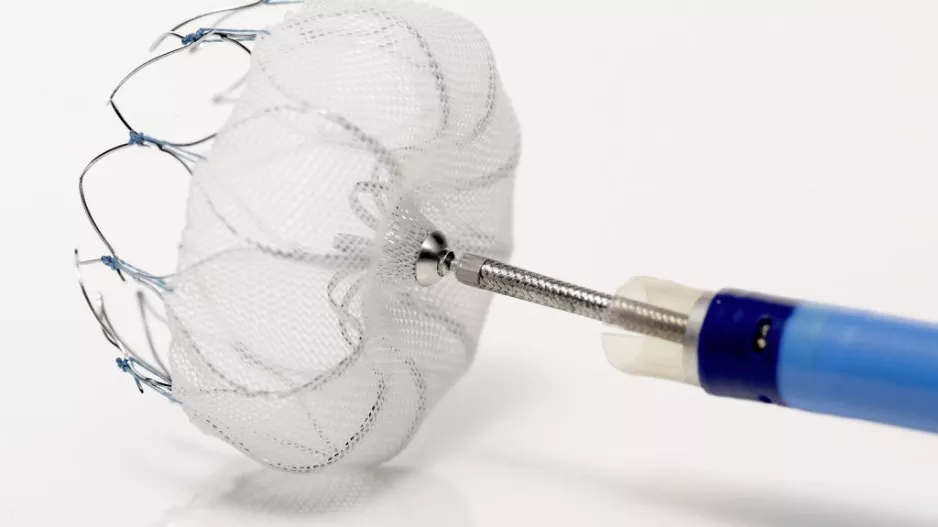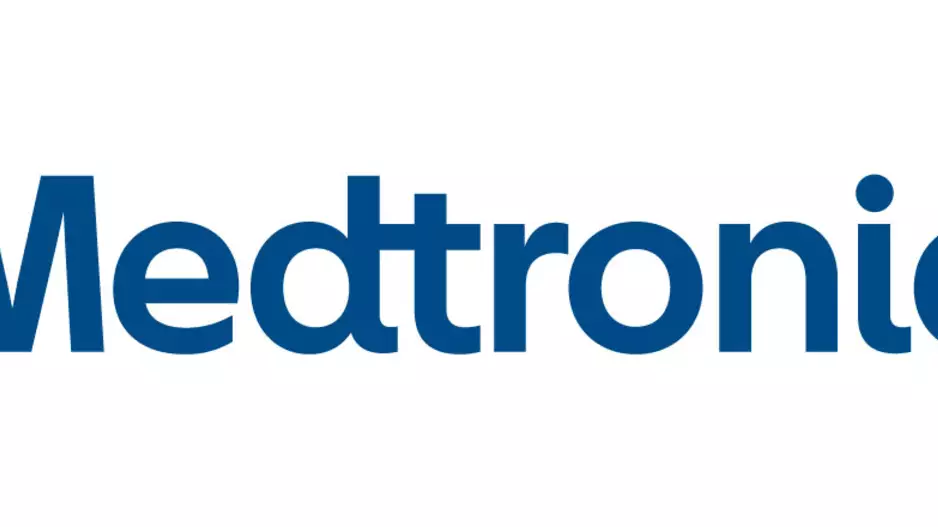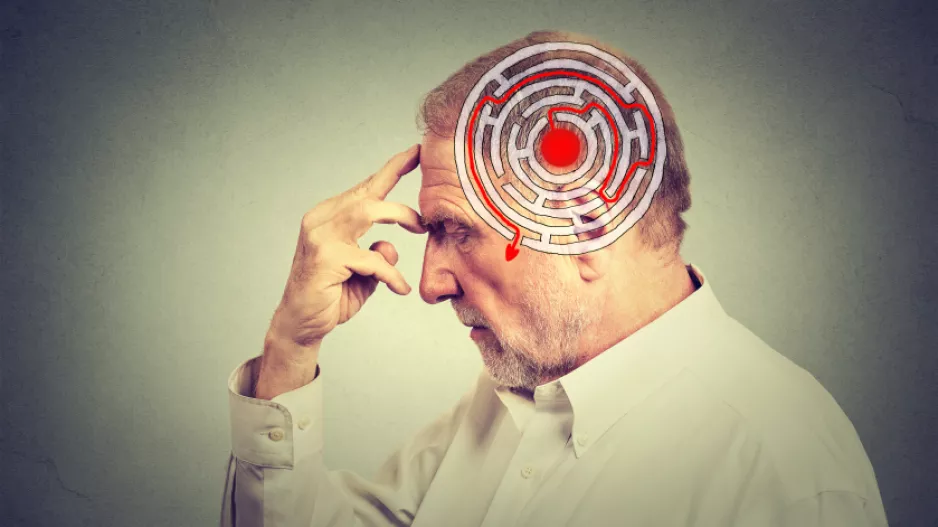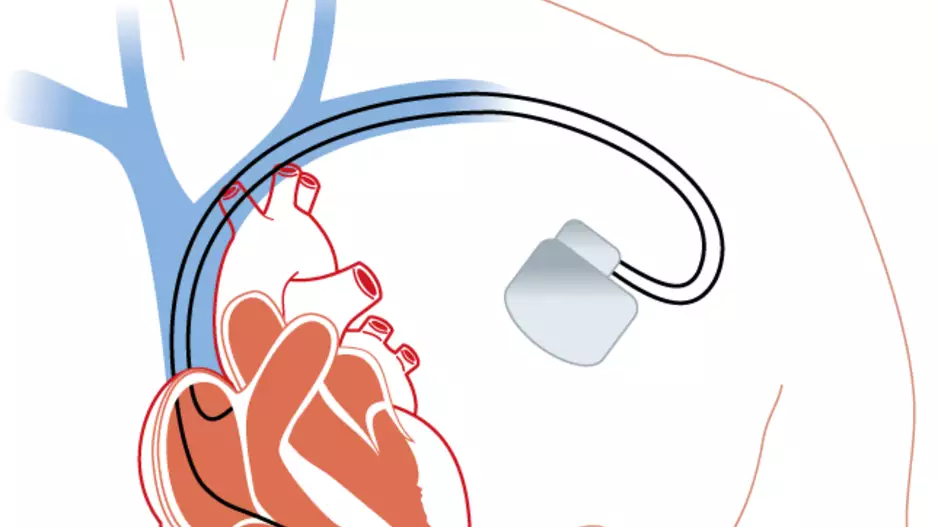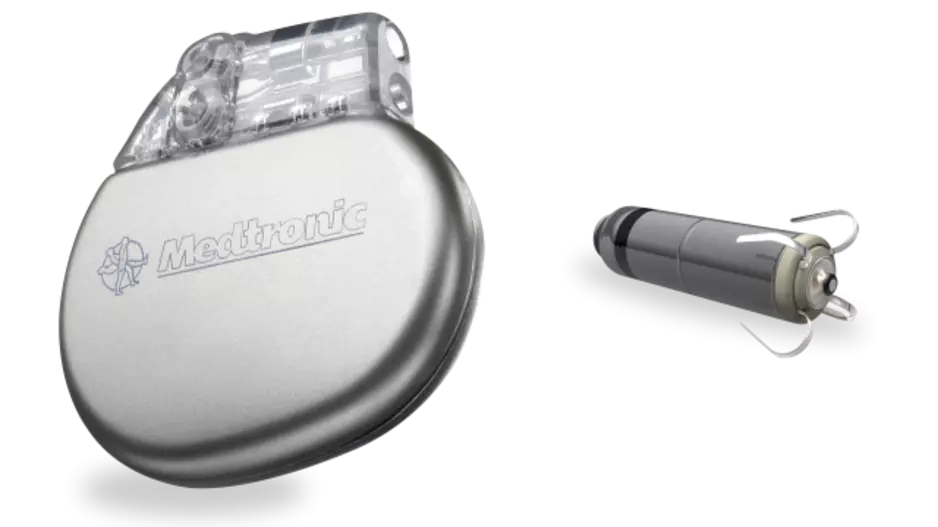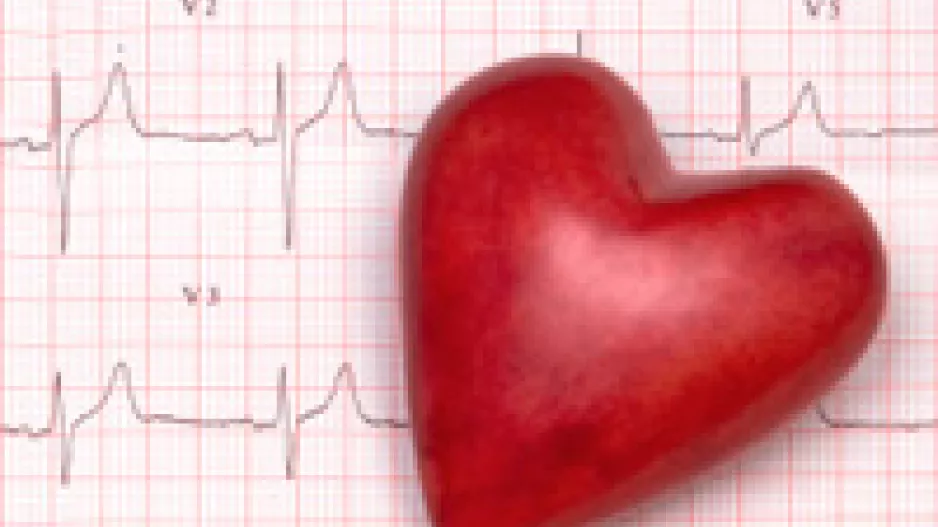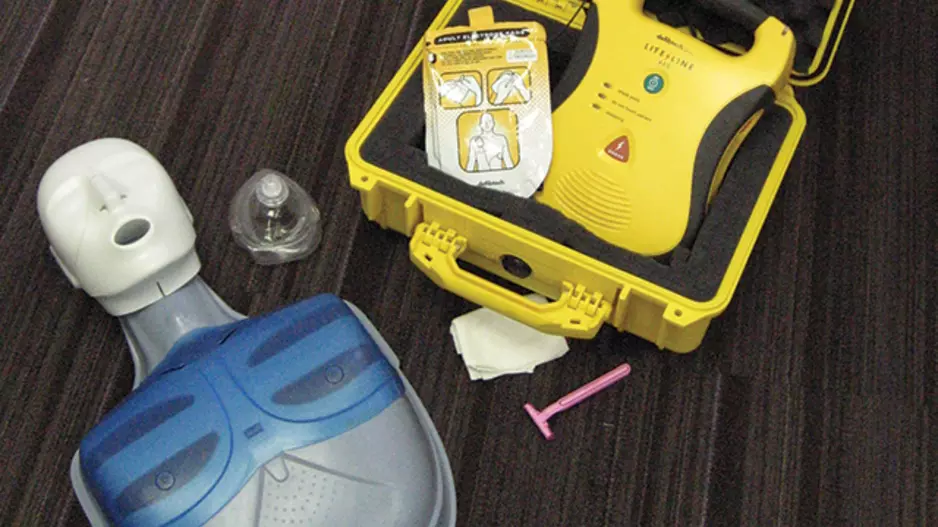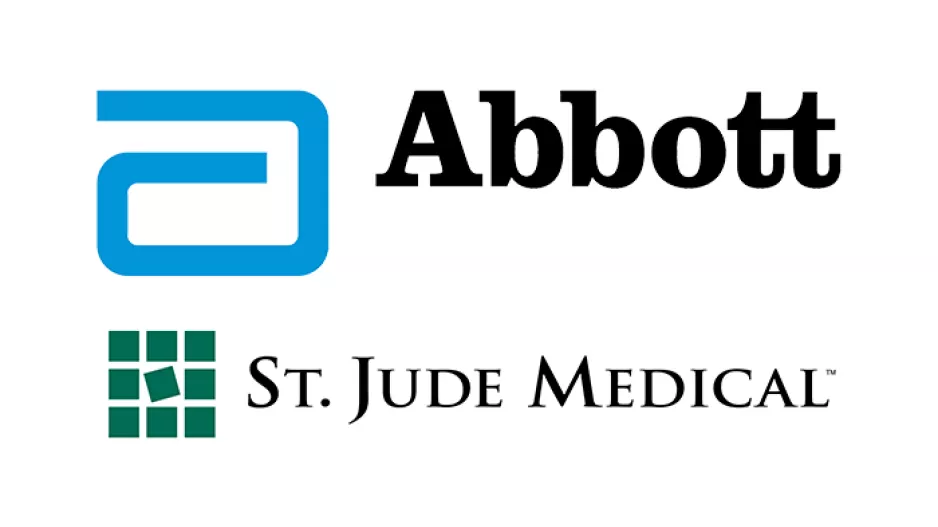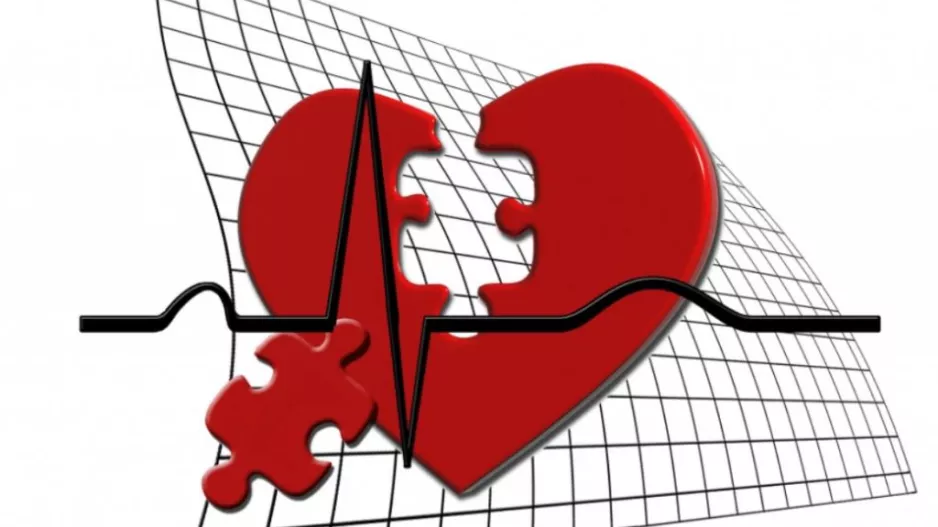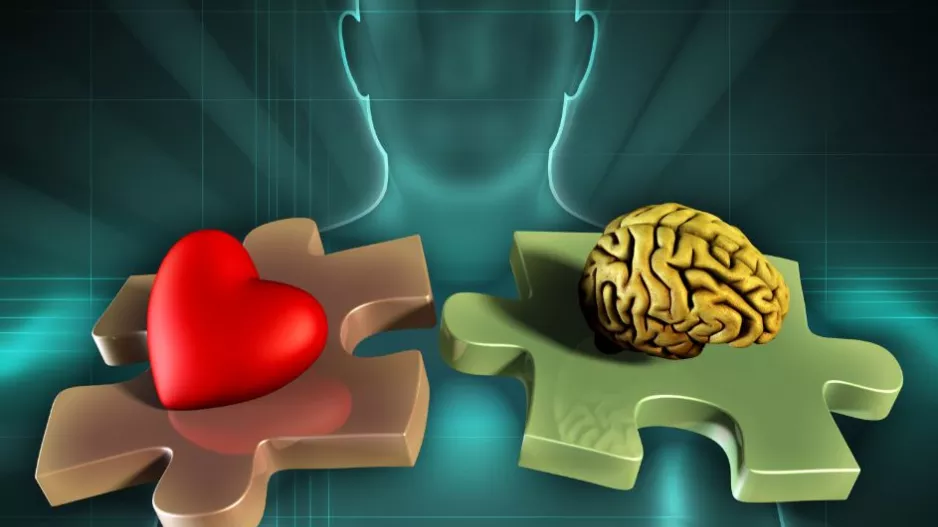More Articles
Women who received catheter ablation in the FIRE AND ICE trial were 37 percent more likely than men to have a recurrence of atrial arrhythmia and 36 percent more likely to be rehospitalized for cardiovascular causes, according to an…
Watchman-related thrombi developed in 3.7 percent of patients who were implanted with the device, resulting in a threefold risk of stroke or systemic embolism, according to a meta-analysis of clinical trials and registries…
A novel device placed under the sternum outside of the heart and veins has the potential to deliver pacing and defibrillation therapy, according to a feasibility study presented at the Heart Rhythm Society’s annual scientific sessions.
…
A sensing filter added to Boston Scientific’s Emblem subcutaneous implantable cardioverter defibrillators (S-ICDs) more than halved the number of inappropriate shocks given to patients over a one-year period, according to a real-world European…
Atrial fibrillation (AFib) should never be considered fully cured, according to a recent study in The BMJ, because patients with this designation carry higher risks of stroke and…
Catheter ablation was found to be superior to optimal drug therapy for the primary treatment of atrial fibrillation (AFib) in the randomized CABANA trial presented May 10 at the Heart Rhythm Society’s annual scientific sessions in Boston. However…
Administering antibiotics incrementally in the perioperative stage has the potential to modestly reduce infections related to cardiac implantable electronic devices (CIEDs), according to a study presented May 10 at the Heart Rhythm Society’s…
An analysis of more than one million post-9/11 veterans suggests a new diagnosis of post-traumatic stress disorder (PTSD) is associated with a greater likelihood of developing atrial fibrillation (AFib). The study is scheduled to be presented May…
Occluding the left atrial appendage with the Watchman device proved to be a cost-effective strategy for the secondary prevention of stroke among patients with atrial fibrillation (AFib), according to an…
Medtronic’s Micra Transcatheter Pacing System (TPS) demonstrated a major complication rate of 2.7 percent through one year, according to data from a post-approval registry that will be presented May 10 at the Heart Rhythm Society’s annual…
An intraoperative imaging and mapping system designed to aid in the ablation of complex cardiac arrhythmias was successfully used for the first time in the United States, according to an article distributed by Penn Medicine.
Janet…
Bystander intervention is crucial in saving the lives of individuals who suffer out-of-hospital cardiac arrest (OHCA), but patients are better off the sooner emergency medical services (EMS) personnel can take the reins. A new nationwide study…
Physician-manned ambulances could improve the quality of advanced life support (ALS) given to people who experience traumatic out-of-hospital cardiac arrest (OHCA), suggests a…
Individuals with obesity are more likely to develop atrial fibrillation (AFib), according to a study published April 18 in the American Journal of Cardiology…
The FDA has approved a firmware update aimed at addressing two previously reported issues with some of Abbott’s implantable cardioverter defibrillators (ICDs) and cardiac resynchronization therapy defibrillators (CRT-Ds).
The updates…
A regular intake of up to 300 milligrams of coffee a day appears to be safe and may even protect the heart from rhythm disorders, including atrial fibrillation (AFib), according to a new review…
Only half of medical advice on an online message board dedicated to implanted cardiac defibrillators (ICDs) appears to be accurate, according to preliminary research presented April 7 at the American Heart Association’s Quality of Care and…
Atrial fibrillation (AFib) ablation techniques used on individuals without cardiac abnormalities can be safely applied to adults with congenital heart disease (CHD), according to a new…
Catheter ablation of cardiac arrhythmias is a relatively common procedure for humans—nearly 520,000 were performed in the U.S. from 2000 to 2013, with more being performed annually later in the…
Patients who developed new-onset postoperative atrial fibrillation (POAF) after coronary artery bypass graft (CABG) surgery showed a 33 percent reduced risk of thromboembolism long-term when compared to those with nonvalvular AFib (NVAF),…
New research presented at the American Heart Association’s Epidemiology and Prevention | Lifestyle and Cardiometabolic Health Scientific Sessions 2018 suggests individuals with depression may have an increased risk of developing atrial…

